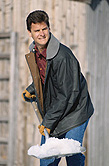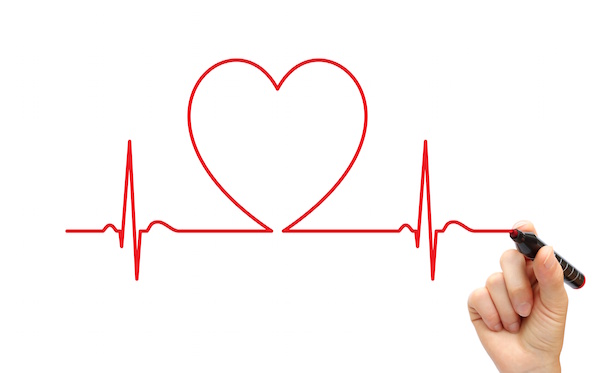
WEDNESDAY, Dec. 30 (HealthDay News) — You probably know from experience that winter brings a surge in colds and flu. But did you know winter is also the season for heart attacks?
Frigid air causes blood vessels to constrict as the body tries to prevent heat loss, said Dr. Holly Andersen, director of education and outreach at the Ronald O. Perelman Heart Institute of New York-Presbyterian Hospital/Weill Cornell Medical Center.
“This is a natural response that can also put people with heart conditions and those involved in strenuous exercise at greater risk of having a heart attack,” Anderson said.
The narrowing raises blood pressure and can reduce oxygen flow to the heart. Combined with a strenuous activity, such as shoveling snow, this can strain the heart, triggering a heart attack in those at risk.
Symptoms of a heart attack may include pain, discomfort or a squeezing sensation in the chest, pain in the arms, back, neck or jaw, shortness of breath, nausea or a cold sweat, according to the American Heart Association. Though women may also experience pain, they are more likely than men to experience shortness of breath, nausea or vomiting and back or jaw pain
A heart attack can be mistaken for a pulled muscle, so take any post-shoveling symptoms seriously.
To lessen your risk of winter-time heart trouble, Anderson has these suggestions:
- Don’t jump out of bed and get right to shoveling your driveway. Limber up by stretching or walking before you start.
- Dress properly. Wear windproof and waterproof outer garments, place a scarf over your mouth and nose to warm up the air before you breathe it in and wear layers. Bundling up will help maintain your body heat.
- To avoid overexertion, try the less strenuous technique of pushing the snow with the shovel rather than lifting it. Also, take frequent breaks — shovel for 15 minutes, then rest for 15.
- If you’re over the age of 50 and are overweight, sedentary, smoke or have had a heart attack, consult a doctor before shoveling snow. You may want to hire a local teen-ager to do the job for you.
More information
The American Heart Association has more on cold weather and heart attacks.

